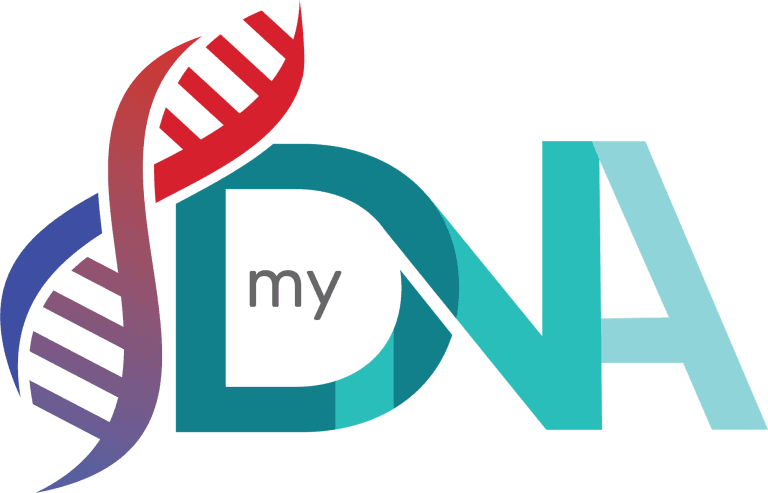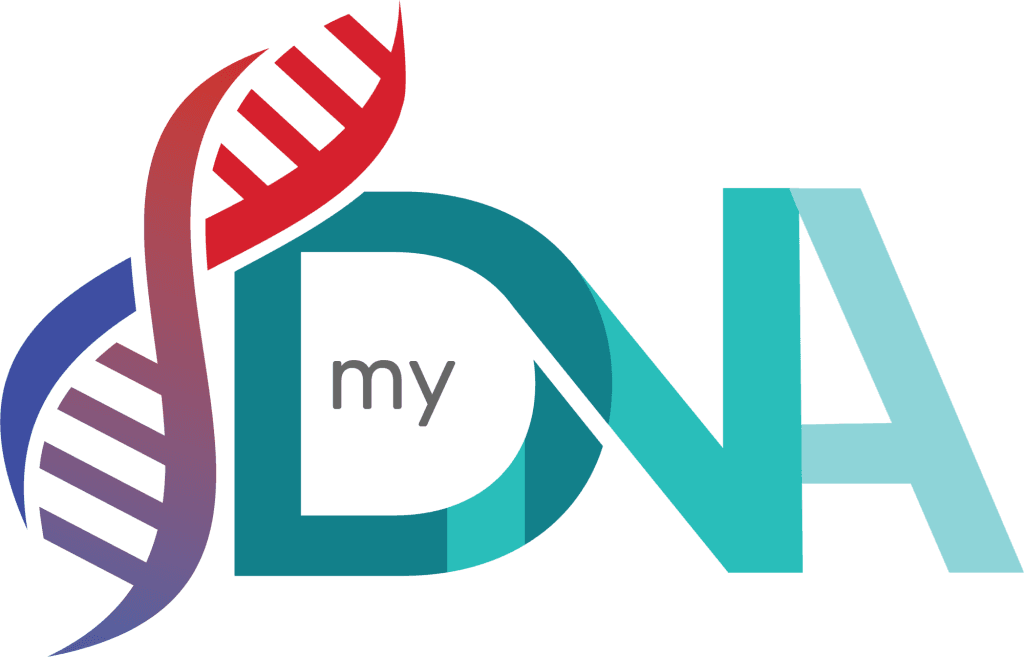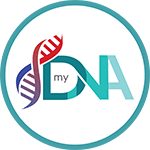Advantages and Limitations of DNA Predictive Testing for Children
While DNA predictive testing offers numerous advantages, it is also essential to consider its limitations. One significant benefit is the potential for early intervention. You can take proactive measures to mitigate risks by identifying genetic predispositions to certain conditions.
For instance, if a test indicates a higher likelihood of developing diabetes, you can work with healthcare professionals to implement lifestyle changes that promote better health outcomes. This proactive approach can lead to improved quality of life and potentially reduce the burden of chronic diseases. However, it is equally important to recognise that DNA predictive testing is not infallible.
The results can sometimes lead to uncertainty or anxiety, especially if a test indicates a predisposition to a condition that may never manifest. As a parent, you may grapple with the emotional weight of such information and its implications for your child’s future. Additionally, there are ethical considerations surrounding the interpretation of genetic data.
Misinterpretation or overemphasis on certain results could lead to unnecessary stress or medical interventions that may not be warranted.
Ethical and Legal Considerations in DNA Predictive Testing for Children
| Consideration | Description |
|---|
| Autonomy | Respecting the child’s right to make decisions about their own genetic information when they reach adulthood. |
| Privacy | Protecting the child’s genetic information from unauthorised access and use. |
| Informed Consent | Ensuring that parents and children understand the potential risks and benefits of DNA predictive testing before giving consent. |
| Genetic Discrimination | Protecting children from discrimination based on their genetic information in areas such as education, employment, and insurance. |
| Legal Regulations | Complying with laws and regulations related to genetic testing and privacy protection. |
As you explore the world of DNA predictive testing for your child, ethical and legal considerations come into play. One primary concern is informed consent. Since children cannot provide consent themselves, it falls upon you as a parent or guardian to make decisions on their behalf.
This responsibility requires careful consideration of the potential benefits and risks associated with testing. You must weigh the desire for knowledge against the possibility of uncovering information that could impact your child’s emotional well-being. Privacy is another critical issue in the realm of genetic testing.
The sensitive nature of genetic data raises questions about who has access to this information and how it will be used. As a parent, you want to ensure that your child’s genetic information remains confidential and is not misused by insurance companies or employers. Legal frameworks surrounding genetic testing are still evolving, and it is essential to stay informed about your rights and protections as they pertain to your child’s genetic data.
Impact of DNA Predictive Testing on Diagnosis and Treatment of Pediatric Diseases
The impact of DNA predictive testing on the diagnosis and treatment of pediatric diseases cannot be overstated. For you as a caregiver, having access to precise genetic information can significantly enhance the diagnostic process. Traditional methods may rely on trial and error or observational assessments, but genetic testing provides concrete data that can lead to more accurate diagnoses.
This precision allows healthcare providers to tailor treatment plans specifically to your child’s needs, improving their chances of successful outcomes. Furthermore, DNA predictive testing can facilitate targeted therapies that are more effective than conventional treatments. For example, if a test reveals a specific genetic mutation associated with a particular condition, healthcare providers can select treatments that directly address that mutation.
This personalised approach not only increases the likelihood of success but also minimises unnecessary side effects from treatments that may not be effective for your child’s unique genetic makeup.





